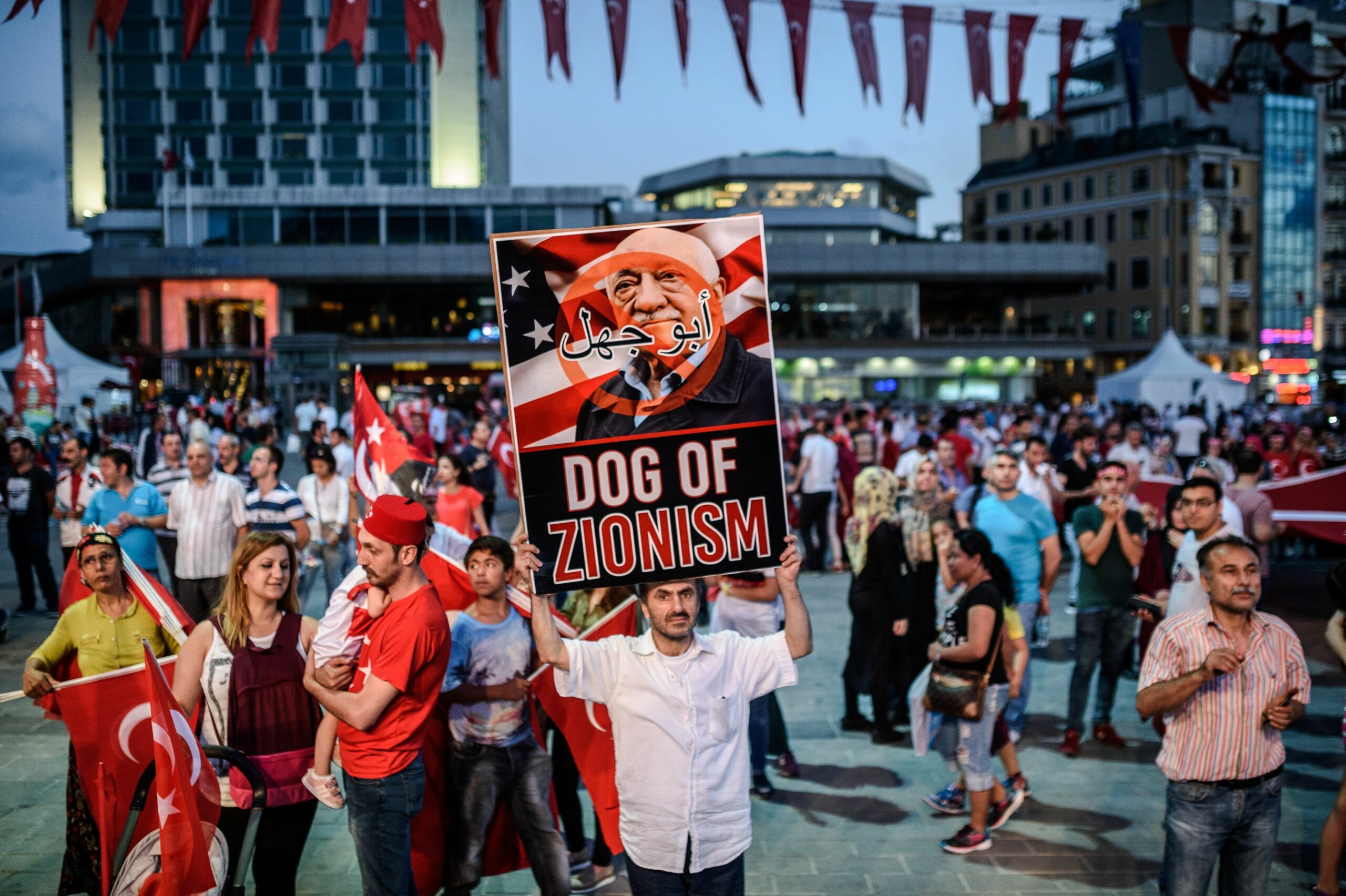THE GÜLEN MOVEMENT

For Erdogan, the Gülen movement is the public enemy No. 1, in the West, it has long been valued as a moderate Islamic educational institution. An investigative inquiry into the background of the controversial movement.
For President Erdogan, there's no doubt that the Gülen movement was responsible for the attempted coup in Turkey in July 2016. Since then, the AKP is believed to have arrested up to 120,000 alleged or genuine supporters of the movement. In the West, on the other hand, the movement was long valued as a moderate Islamic educational institution. Its founder Fetullah Gülen has been referred to as the reformer of Islam in the US, where he has lived in exile since 1999. But since becoming the centre of increasingly heated political debate in Turkey, the movement's reputation is also being reappraised abroad. What is the Gülen movement? A harmless educational organisation that invests in schools and educational institutions around the world? Or a religious, sect-like network with political ambitions? We trace its history – from the foundation of the movement in the 1970s, its alliance and later rift with the AKP to the establishment of a global network of educational institutions and corporate conglomerates in over 140 countries – from the US and Europe to Central Asia.